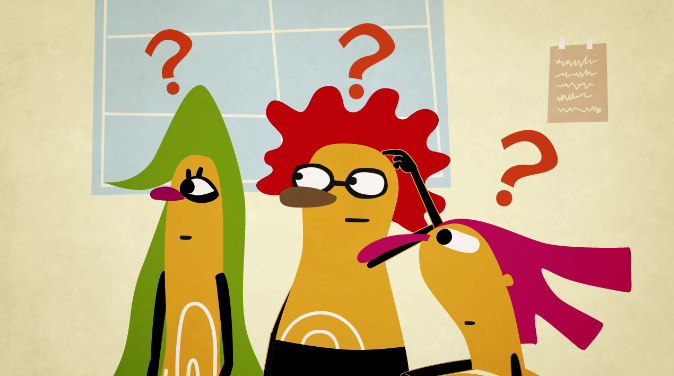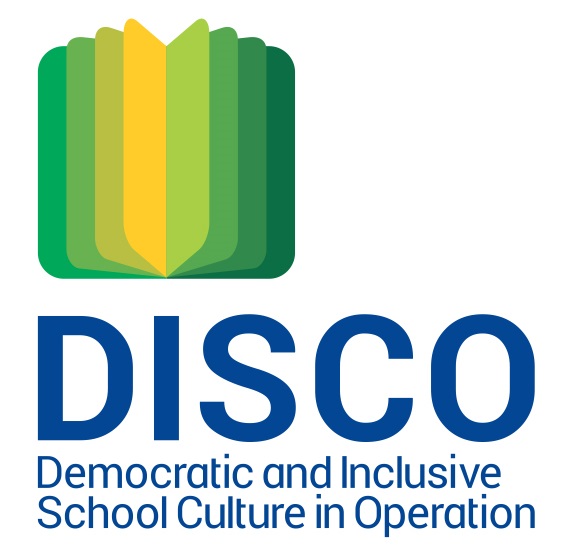Baltic Partnership for Human Rights Education and Education for Democratic Citizenship

Countries involved:
Estonia, Latvia and Lithuania
Overall objective:
- To strengthen the cooperation between Baltic States
- To disseminate Council of Europe EDC/HRE resources in three countries and in four languages (Estonian, Latvian, Lithuanian and Russian)
- To train teachers on how to use these materials in their work with the objective of contributing to the creation and development of an inclusive society
- To promote the development of students’ intercultural and civic competences and analytical and critical competences towards online information
- To engage the various EDC/HRE stakeholders from three countries in a dialogue aimed at promoting and advancing EDC and HRE policies in Estonia, Latvia and Lithuania
Expected outcomes:
- Translation of two publications into Estonian, Latvian, Lithuanian and Russian: “Teacher training in EDC/HRE: how to develop the ability of students to assess information from media and social networks?” and “Teaching controversial issues – developing effective training for teachers and school leaders”
- Promotion and dissemination of such publications
- Trainings for teachers on how to use the training packs related to the two publications
- Pilot activities in four schools in each country: two schools focusing on “Teacher training in EDC/HRE: how to develop the ability of students to assess information from media and social networks?” and two schools focusing on “Teaching controversial issues – developing effective training for teachers and school leaders”
- Organisation of a Baltic Forum on EDC/HRE
The EU/Council of Europe Joint Programme "Democratic and Inclusive School Culture in Operation (DISCO)" is funded by the Council of Europe and the European Union and implemented by the Council of Europe. The opinions expressed by third parties in content on this website do not necessarily reflect the official views of the Council of Europe or the European Union. The Council of Europe and the European Union do not accept any responsibility for the content of any external sites over which the Council of Europe and the European Union have no control, including those representing projects and activities in individual member States and elsewhere. The information which they contain may not necessarily be complete, exhaustive, accurate or up to date. Any views expressed on those sites do not necessarily reflect the official opinion of the Council of Europe or the European Union.

